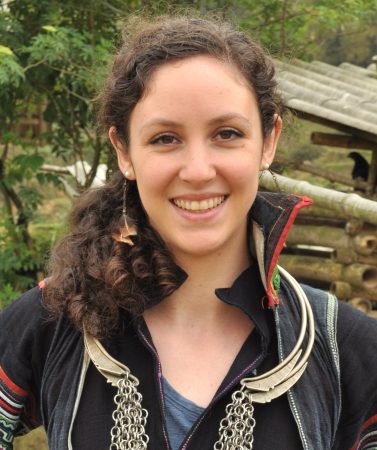About
Bachelor of Arts (Honours, with distinction), Anthropology, The University of Victoria (2011)
Honour’s Title:
Not My God: Nonbelievers from Fundamentalist Christian Communities
Research proposal to study the belief transitions, family conflict and experiences of social stigma of atheists from fundamentalist Christian families.
Master of Arts, Anthropology, The University of Western Ontario (2016)
Master’s Degree Thesis Title:
Prohibited Practice: Drug Use, Harm Reduction and Benefit Enhancement in Toronto Rave Culture
Based on fieldwork in Toronto, ON, in this thesis I use ethnographic methods and analysis to answer the question of why people at electronic music events (‘raves’) and festivals use legal and illegal psychoactive drugs, exploring how the subjective effects of consciousness alteration factor into individual and group experiences of affective change. I examine the effects of stigma on the lives of these ‘drug practitioners,’ as well as how the structures of prohibition shape the ways in which recreational substances are able to be consumed safely, resulting in a moral economy of trust and a culture of interreliance in the rave scene. Finally, I look at how mutually dependent practices of both harm reduction and ‘benefit enhancement’ are socially integrated into this community, and how this knowledge can be mobilized to improve harm reduction policy and practice. MA Supervisor: Dr. Kim Clark
UBC Supervisor: Dr. Shaylih Muehlmann
Research
Research Key Words:
drugs and drug use, activism, affect, policy, consciousness, urban ethnography, political anthropology
PhD Research:
My PhD dissertation research will examine the effects of drug prohibition on the lives of legalization and drug policy activists who are drug users in Mexico City. Activists in Mexico protest the global Drug War by highlighting not only the devastating effects of omnipresent cartel power and the violence that drug trafficking leaves in its wake, but also the negative effects of blanket drug prohibition on user health and safety, human rights, and indigenous cultural history and religious autonomy. Using ethnographic fieldwork conducted among those affected by Mexican and transnational prohibition policies and the militarization of their enforcement, I will attempt to shed light on such questions as, how do national and international structures of drug prohibition shape users’ lives and agency? How do drug policy activists work with and against the constraints of both the government and cartels during this tumultuous time? How does their drug use, and their identities as users, factor into these experiences?
Publications
“‘Drugs have made me a better person’: Psychedelic practitioners, harm reduction, and benefit enhancement in Toronto rave culture.” Panel: (Re)discovering Psychedelics in the 21st Century. AAA Annual Meeting, Minneapolis, MN. November 2016.
“Part of a system one hates: Creating practically-oriented solutions while critiquing structural and theoretical constraints.” Western Anthropology Graduate Student Conference, University of Western Ontario, London, ON. March 2016.
“Who defines the addict?: The imposition of labels in anthropological studies of drug users.” Western Anthropology Graduate Student Conference, University of Western Ontario, London, ON. March 2015.
Awards
SSHRC Canada Graduate Scholarship – Master’s|Regna Darnell Graduate Award for Fieldwork in Sociocultural Anthropology||2015|2015
Additional Description
Twitter: @hilaryagro
Socio-Cultural Anthropology
